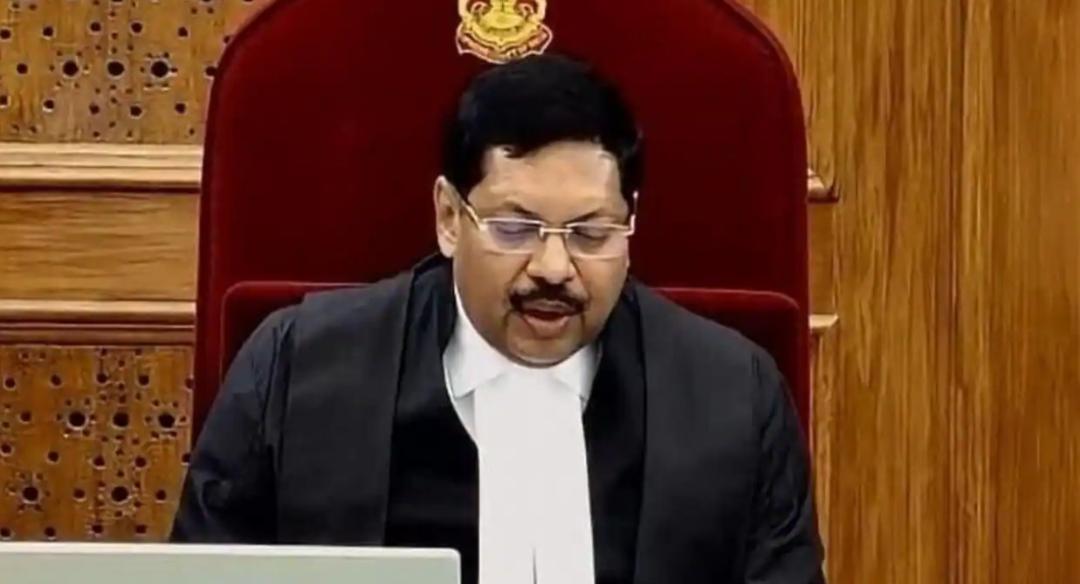
Passing ‘bulldozer order’ was my most important one: CJI Gavai
As the Chief Justice of India (CJI) BR Gavai prepares to retire on November 23, he has been reflecting on his tenure and the significant judgments he has delivered during his time in office. In a recent statement, CJI Gavai highlighted one particular judgment that stands out to him as his most important one – the “bulldozer order” that challenged the concept of “bulldozer justice.”
For those unfamiliar with the term, “bulldozer justice” refers to the practice of demolishing the homes of individuals accused or convicted of a crime, often as a form of punishment or retribution. This practice has been criticized for being disproportionate, unjust, and in violation of human rights. CJI Gavai’s judgment against this practice has been hailed as a significant milestone in the pursuit of justice and human rights in India.
“How can a house be demolished just because a person is accused of a crime or convicted of it?” CJI Gavai asked, highlighting the inherent unfairness of the practice. His judgment emphasized the importance of upholding the rule of law and protecting the rights of individuals, even those accused or convicted of crimes. By striking down the practice of “bulldozer justice,” CJI Gavai’s judgment sent a strong message that the judiciary will not tolerate arbitrary and unjust actions that violate human rights.
The significance of CJI Gavai’s judgment cannot be overstated. In a country where the rule of law is often tested, and human rights are frequently violated, the judgment serves as a powerful reminder of the importance of upholding the Constitution and protecting the rights of all individuals. The judgment also underscores the critical role that the judiciary plays in ensuring that the government and other authorities act in accordance with the law and respect the rights of citizens.
As CJI Gavai prepares to retire, his legacy will be remembered for his commitment to upholding the rule of law and protecting human rights. His judgment against “bulldozer justice” will be remembered as a landmark decision that has far-reaching implications for the justice system in India. The judgment has already sparked a national conversation about the need to reform the justice system and ensure that it is fair, just, and equitable for all.
The retirement of CJI Gavai also marks the beginning of a new era in the Indian judiciary. CJI-designate Justice Surya Kant will succeed him on November 24, and is expected to build on the legacy of his predecessor. Justice Kant has a reputation for being a strong advocate for human rights and the rule of law, and his tenure is expected to be marked by significant reforms and judgments that will shape the future of the Indian judiciary.
As the Indian judiciary continues to evolve and grow, it is essential that it remains committed to upholding the rule of law and protecting human rights. The judgment against “bulldozer justice” is a powerful reminder of the importance of these principles, and serves as a model for future judgments and reforms. As the country looks to the future, it is clear that the judiciary will play a critical role in shaping the course of Indian history and ensuring that the country remains a just and equitable society for all.
In conclusion, CJI Gavai’s judgment against “bulldozer justice” is a significant milestone in the pursuit of justice and human rights in India. The judgment highlights the importance of upholding the rule of law and protecting the rights of individuals, even those accused or convicted of crimes. As the Indian judiciary continues to evolve and grow, it is essential that it remains committed to these principles and continues to deliver judgments that promote justice, equality, and human rights for all.






